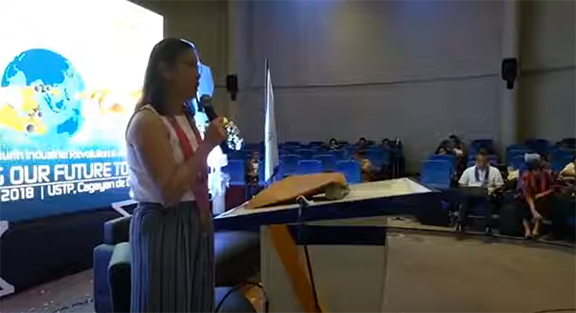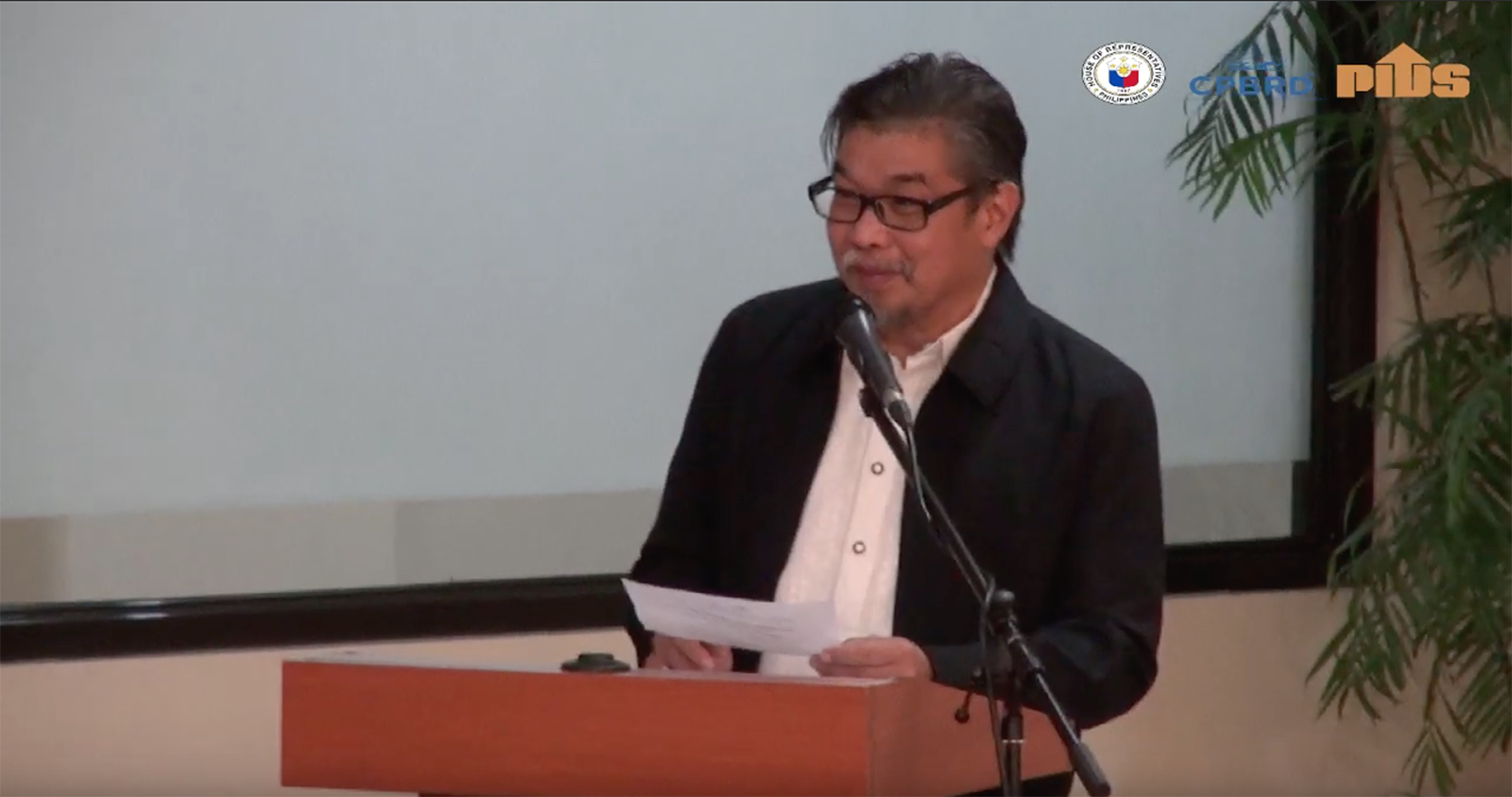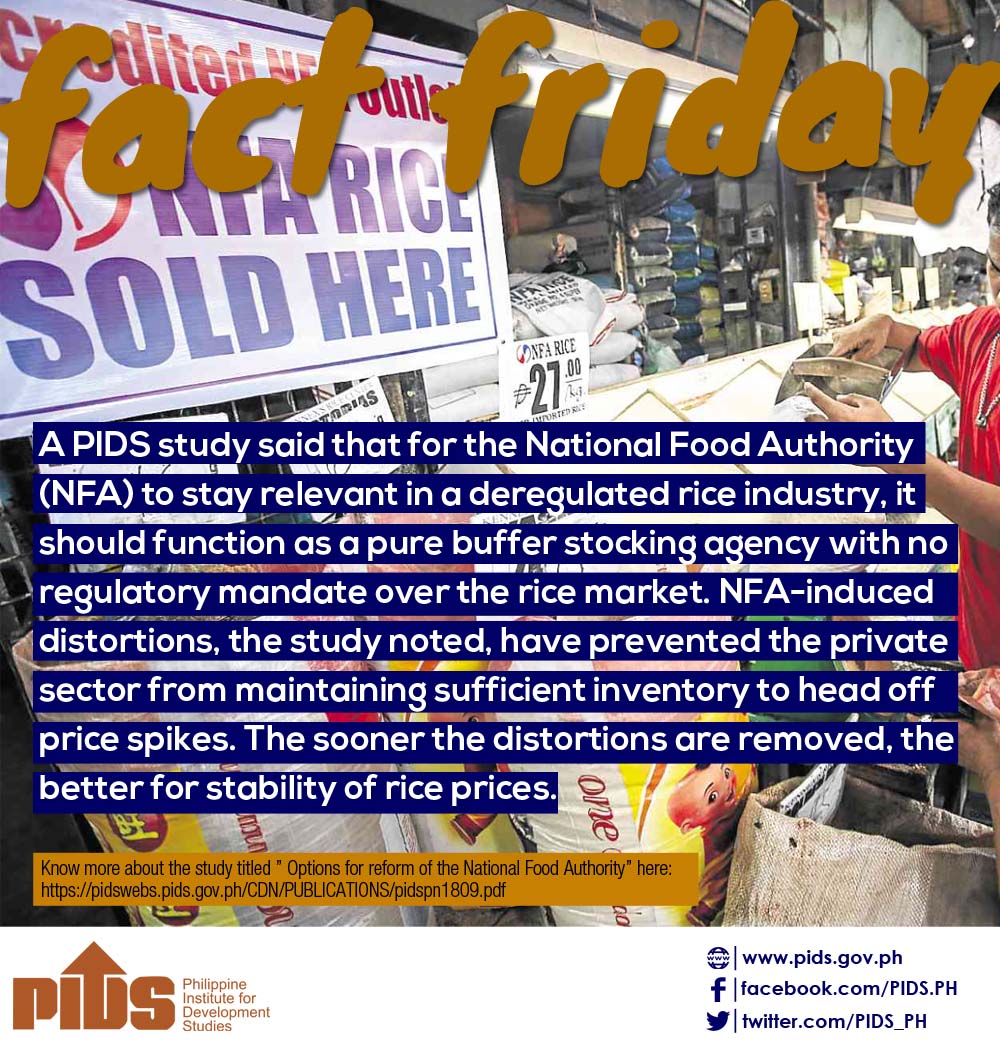Lawmakers from both houses on Thursday approved the reconciled version of the proposed Rice Tariffication Bill which lifts restrictions on rice importation.
However, prior to the completion of the final copy of the bill, Senator Cynthia Villar lamented the misconception intentionally circulated to “discredit” the measure.
The Senate and the House of Representatives are expected to ratify the Rice Tariffication Bill next week afterwhich it will be sent to President Rodrigo Duterte for his signature.
Villar, which led the Senate contingent in the bicameral conference committee which finalized the bill, deplored alleged efforts to block the passage of the needed support measures for local rice farmers.
“It is unfortunate that some groups are being made to believe that the rice tariffication bill which we have scrutinized and carefully studied in the Senate, will not be beneficial to farmers,” she said.
“On the contrary, it includes a package of support programs that will help farmers adjust to competition under a tariffied regime,” said Villar said, chairperson of the Senate Committee on Agriculture and Food.
She is the principal sponsor of Senate Bill No. 1998 or the bill which replaces the quantitative import restrictions on rice with tariffs, lifting the quantitative restrictions on rice, and creating the Rice Competitiveness Enhancement Fund or Rice Fund.
The Senate passed the bill on third reading last week. The President has certified its passage as urgent.
“Remember, the need to impose tariff is an obligation under the World Treaty Organization agreement, which the country entered into years back,” Villar said.
“It will be more difficult to deal with trade sanctions if we don’t abide by the agreement,” she pointed out.
She added, “We will be doing our farmers a great disservice if we let them face the challenges of a tariffied system without support mechanisms in place.”
The senator also said the bill seeks to remove the factors that the Philippine Institute for Development Studies (PIDS)identified as barriers to the Filipino farmers’ competitiveness.
These are the lack of mechanization, the lack of technical know-how, the lack of financial literacy and the lack of access to cheap credit.
The Federation of Free Farmers (FFF) and Centro Saka Inc., are among the groups quoted by reports as opposed to the bill.
Villar said that under the bill, the excess rice tariff revenues and the P10 billion fixed appropriation for the Rice Rice Fund would be released to the Department of Agriculture.
The fund would be used for providing direct financial assistance to rice farmers as compensation for the projected reduction or loss of farm income arising from the tariffication.
The bill is “very specific in providing preferential attention to rice farmers, cooperatives and associations adversely affected by the tariffication,” she said.
“It is not true that the bill will allow the use of the Rice Fund to be politicized because the bill is very specific as to where the P10 billion fund and the excess rice tariff revenues will be spent,” Villar added.











